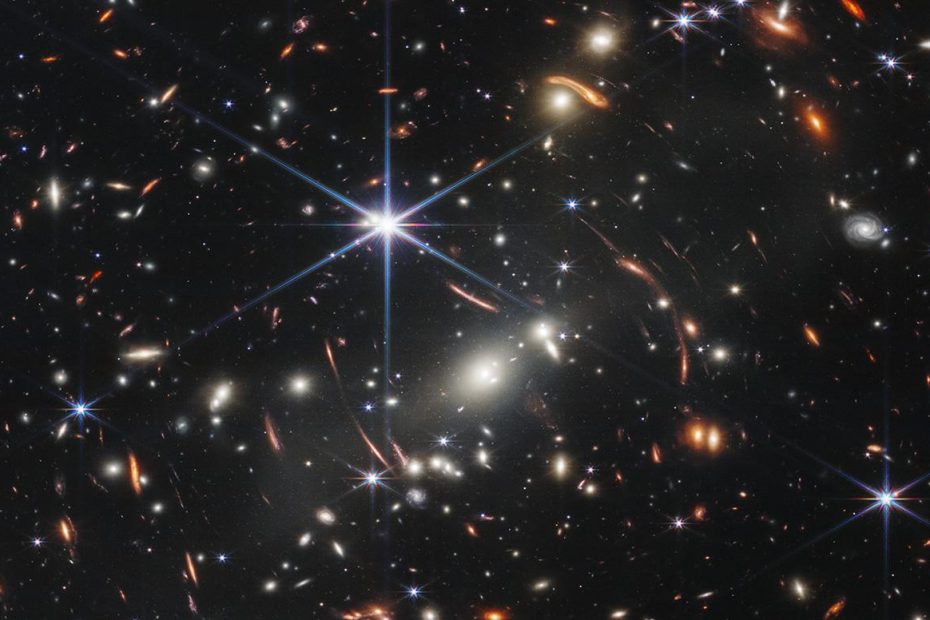A Classroom Begins
The lecture hall was quiet when I dimmed the lights and projected the image of a star-studded sky onto the screen. I looked at my students and said, “You see that? That’s not just the universe as it is—it’s the universe as it was, billions of years ago. And hidden in those faint points of light may be a clue to one of the biggest puzzles in modern physics: Is dark energy weakening with time?”
They shifted in their seats, intrigued. Everyone had heard of dark matter and black holes, but dark energy still carried an air of mystery. I smiled—it was time to tell them a story.
The Discovery That Shook Cosmology
I began with the late 1990s. Astronomers, by observing distant Type Ia supernovae, expected to see the universe’s expansion slowing under the pull of gravity. Instead, the data showed the opposite—the expansion was accelerating.
“That acceleration,” I explained, “forced us to conclude there was something pushing space apart. We called it dark energy. Roughly seventy percent of the universe, yet invisible and elusive.”
For years, we assumed it was constant—an unchanging energy woven into the very fabric of spacetime, something like Einstein’s cosmological constant. But the universe, as it often does, may be playing a subtler game.
Whispers From the Past
I advanced the slides to reveal ancient light: the cosmic microwave background (CMB). “This glow,” I told them, “is a baby picture of the universe, just 380,000 years old. By comparing it with how galaxies cluster today, we can see how cosmic expansion has changed across billions of years.”
The data suggested something curious. Measurements from the CMB and from galaxy surveys didn’t perfectly line up. The discrepancy wasn’t dramatic, but like a faint whisper, it suggested that dark energy’s strength might not be constant. Perhaps, over cosmic time, its push is weakening.
A Professor’s Thought Experiment
I paused and asked my students to imagine themselves floating in a balloon. “If air rushes in at a steady rate, the balloon inflates faster and faster. That’s our picture of dark energy: steady, relentless acceleration. But what if the pump slows down just a little? The balloon still grows, but not as explosively. That’s the hypothesis—dark energy might be fading.”
Hints in the Present Day
I told them about how astronomers measure this fading. Galaxy redshifts, gravitational lensing, and surveys mapping millions of galaxies all provide snapshots of how structures grow. If dark energy were weakening, we’d expect the universe’s large-scale web of galaxies to look subtly different.
Recent studies hint at exactly that: galaxy clustering grows slightly more strongly than a perfectly constant dark energy model would allow. These aren’t definitive proofs, I reminded them, but tantalizing signs.
What It Would Mean
The room grew still. I leaned forward. “If dark energy is weakening, the universe’s fate changes.”
In the standard picture, space would expand forever, galaxies drifting apart until even their light could no longer bridge the void. But if dark energy fades, gravity might slowly regain influence. Expansion would continue, but at a gentler pace. Far, far in the future, it could even stall.
“This doesn’t mean the universe will collapse tomorrow,” I laughed, easing their tension. “But it does mean our cosmos may not be condemned to eternal acceleration.”
A Mystery for the Next Generation
I concluded the lecture with a personal reflection. “When I was your age,” I told them, “dark energy wasn’t even part of the textbooks. Now, you’re hearing whispers that it may evolve over time. It’s a reminder that science is a moving story. Every observation, every new telescope, every deeper survey can flip the plot on its head.”
I looked around the room. Eyes were wide, pens scribbling furiously. “Perhaps one of you,” I said, “will help answer this question: Is dark energy truly constant—or is it a fading echo of something even deeper?”
The bell rang. They filed out slowly, some still glancing at the star field on the screen. For me, the lecture had ended. But for them, and for the universe, the story of dark energy was still unfolding.
